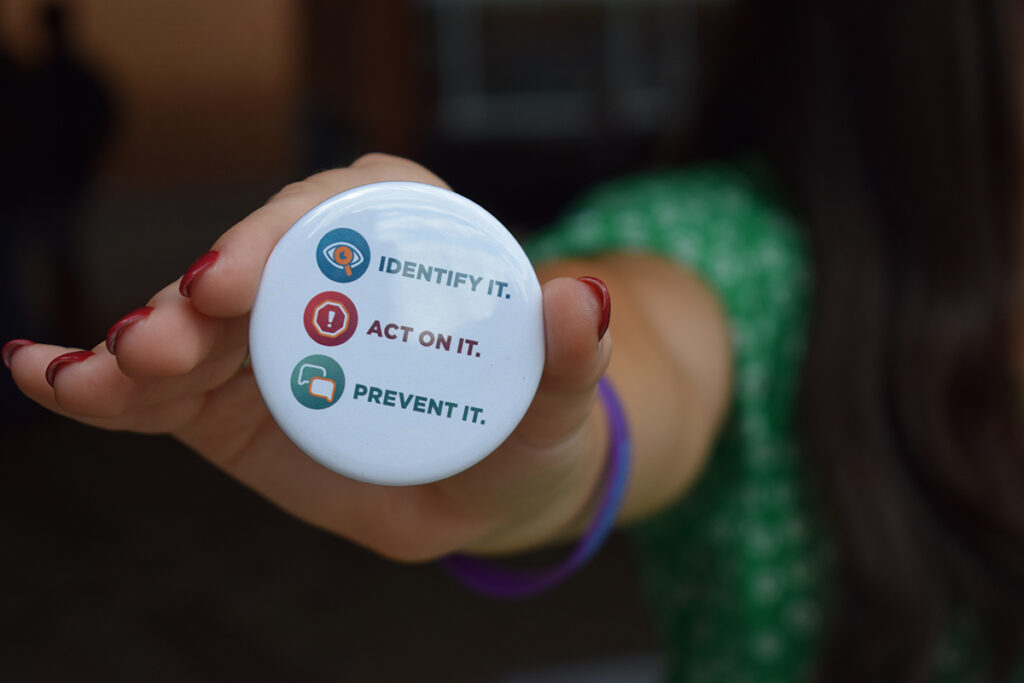
Hailey Flavin, Assistant Director, Office of Sorority & Fraternity Life
Hazing has no place at the University of Tennessee.
According to a national study of student hazing experiences1, hazing is a big problem nationwide with 55% of college students having been hazed. However, 9 out of 10 people don’t realize that they are being hazed and 95% of those who were aware they were being hazed did not report it.
Because of this, UT’s Hazing Prevention Team works collaboratively to educate the campus community on how to identify, act on, and prevent hazing. The team is made up of campus partners from many areas of UT who all share the same goal: eliminate hazing completely.
Hazing can be any activity that endangers someone’s mental or physical health/safety or coerces someone to endanger their mental or physical health/safety. Even if someone is willing to participate in an activity, if it endangers their well-being and meets the definition, it’s still hazing.
The Division of Student Life’s strategic plan prioritizes caring for all Vols. Part of this care is ensuring that students have a healthy involvement experience that aligns with the values of the university. One aspect of the Hazing Prevention Team’s role is to facilitate National Hazing Prevention Week which occurred from September 25–29 this past fall.
Throughout Hazing Prevention Week, the team hosted a plethora of events for students. More than 200 people joined the Hazing Prevention passport event in the 21st Mortgage Plaza at the Student Union to walk through different activities to learn more about how to identify hazing, what to do when you see it, and how to prevent hazing on campus.

Tables were strategically located on Pedestrian Walkway throughout the week to get resources related to hazing prevention into the hands of students, with more than 200 students stopping to chat with team members.
Faculty, staff, and student leaders from organizations across campus joined the Hazing Prevention Team for an educational workshop on hazing prevention training. Over 60 faculty and staff joined the session, leaving equipped with the tools necessary to identify when a student may be experiencing hazing and to report it to campus authorities.
Together with the Center for Health Education and Wellness, the team hosted 212 students for VolsACT Day, which focused on educating students on how to be an active bystander.
Students in various campus organizations were also invited to sign a banner that says “We’re Committed,” signifying their commitment to end hazing at UT. Students signed the banner at events throughout the week, and then the banner was displayed at the Student Union when the week concluded, reminding students of their commitment.
Anyone who has experienced or witnessed hazing can report it online at hazingprevention.utk.edu or studentconduct.utk.edu.
1Allan, E. J., & Madden, M. (n.d.). Hazing in view: College students at risk.